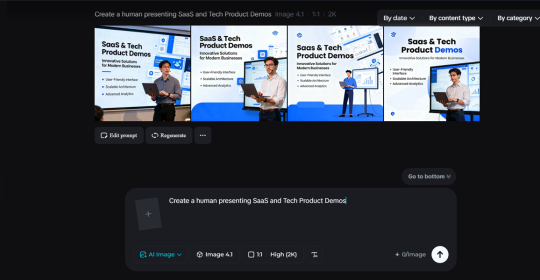HR professionals are happy with their choice of career, and would not choose a different one if they had the chance to start all over again. This is one of the findings of a major new survey of the HR profession conducted by the Chartered Institute of Personnel and Development.
The report, which reflects the experiences of over 1,800 HR professionals, examines HR career paths and dispels many of the negative myths that sometimes circulate within the HR profession. Eighty-one per cent of respondents said they enjoyed their jobs, and would work in HR if they had their time again.
Jessica Jarvis, CIPD Learning, Training and Development Adviser and the reportís author, said:
ìIt sometimes seems that it is fashionable for the HR profession to indulge in doom, gloom and self-loathing. But this survey turns some of the myths on their heads. A profession where the vast majority would pick the same career path if they could start over again is a confident one that is happy with itself.î
The survey also knocks on the head the often-stated belief that the most senior people in HR are parachuted into their jobs with little background in HR. The average HR Director has 20 years HR experience, has worked in four different organisations, and has got to where they are today via five major career steps.
HR professionals are also not, on the whole, serial career changers. The average length of service within the HR profession is 15 years. Neither, however, are HR professionals lacking experience elsewhere in the world of work. Only a quarter (26%) of survey respondents started their careers in HR. And 83% of respondents have worked outside HR at some stage in their careers, with the most frequently quoted function being sales/marketing/retail, followed by general business/management and finance.
The survey also asked respondents to indicate what matters when pursuing an HR career. The factors that were listed as most important were:
Personal drive
Business/industry awareness
Generalist experience
Moving between organisations is seen as important to career progression and, on average, participants have taken four major career steps and worked for an average of three organisations
Significant barriers to career progression are seen as staying in one organisation, over specialising and call centres/shared service centres ñ 40% of participants feel outsourcing is having a negative impact on HR careers.
Only a few factors, apart from age, were found to be reliable indicators of the chances of reaching senior levels in HR: being a generalist rather than a specialist; having a degree; having worked for a number of different organisations and having had a number of significant career steps. However, this model explains under a third of the statistical link between these indicators and seniority, suggesting that many other things ñ such as qualifications, experience and competencies ñ also play an influential role in reaching senior ranks.
Although two-thirds feel they have access to good development opportunities in their current jobs, less than half think they can achieve their next career move with their current employer.
Jessica Jarvis continued:
ìIt seems that this voicing of more positive beliefs about HR from those we surveyed signals a change in attitude within the profession, with people gaining more belief in the functionís ability to become a more credible and respected business player. Certainly it seems that the time is now ripe for this to happen. Several factors are coming together to improve the standing of HR in the business community ñ the rise of business partnering is making HR more integral to the business and prominent issues such as human capital reporting and corporate social responsibility are carrying HR up the corporate ladder. HR must step up to the challenge and demonstrate how their strategic activities can impact in business terms.
Other myths and realities:
ìNobody applies for top jobs any more ñ itís all done by head huntingî ñ Not true according to our survey. Job applications are the most likely way in which Directors and Senior/Group Executives obtained their current positions. Headhunting was the route used to find their current posts by only 26 per cent of Directors and 17 per cent of Senior/Group Executives.
ìConsultants are too young to know much about HRî ñ On the contrary, in our survey the Independent Consultant group was the oldest in the sample ñ with an average age of 51. They have also, on average, been in HR for 22 years ñ longer than the average HR Director.
ìPeople in HR donít understand the businessî ñ In fact, only 17 per cent of our respondents had no experience of working outside the HR function. They also told us that ëbusiness awareness/senseí was the second most important factor in getting to the top in HR, and three-quarters agreed that ëExperience in another function (outside HR) furthers HR careersí.
New CIPD survey dispels myths about HR careers

New CIPD survey dispels myths about HR careers and paints a picture of a confident, committed and positive profession




